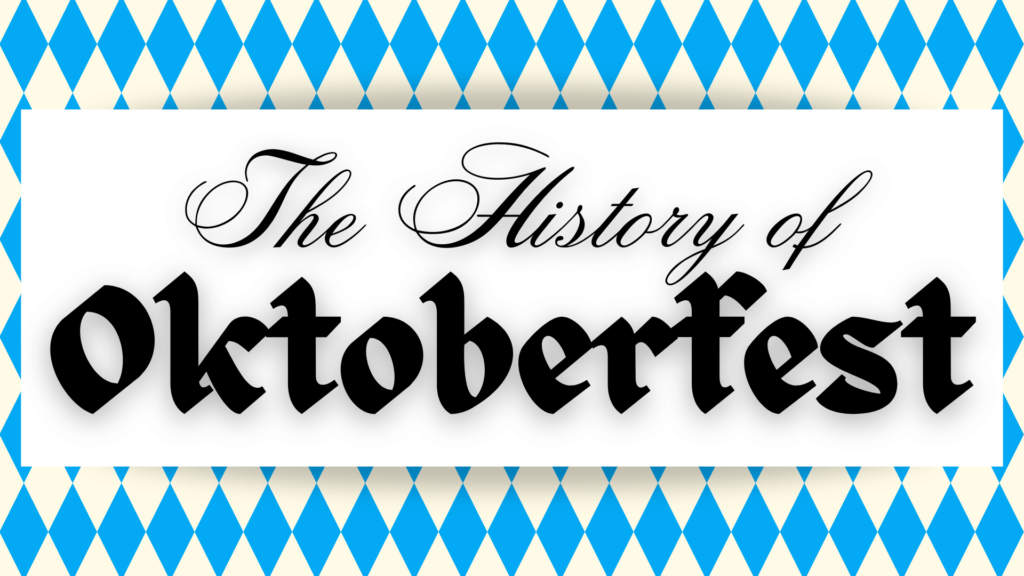Oktoberfest is renowned as the world’s largest and most popular festival, a celebration that has captured the hearts of millions across the globe. But how did this grand event begin? The origins of Oktoberfest can be traced back over 200 years to a royal wedding in Munich, Germany.
In October 1810, Prince Ludwig of Bavaria (later King Ludwig I) married Princess Therese von Sachsen-Hildburghausen. The wedding festivities were grand, lasting nearly a week from October 12th to October 17th. The celebration was capped off with a thrilling horse race, an idea proposed by Andreas Michael Dall’Armi, a member of the Bavarian National Guard. This race took place on a meadow just outside Munich’s city gates, a location that has since been named “Theresens-Wiese” or “The Wiesn” in honor of the bride.
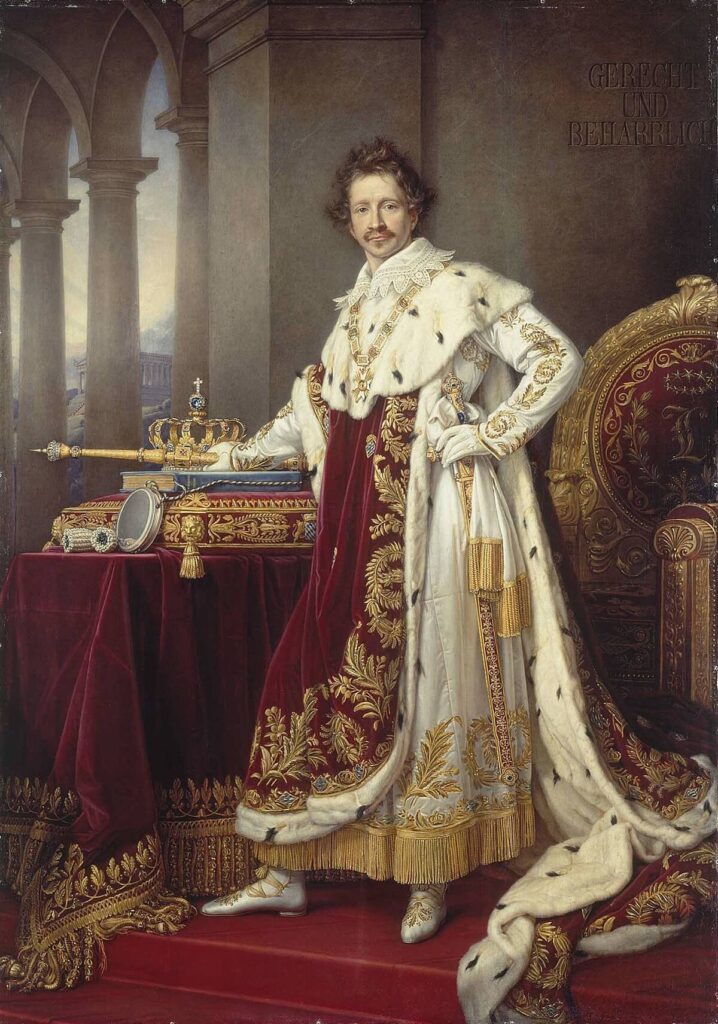
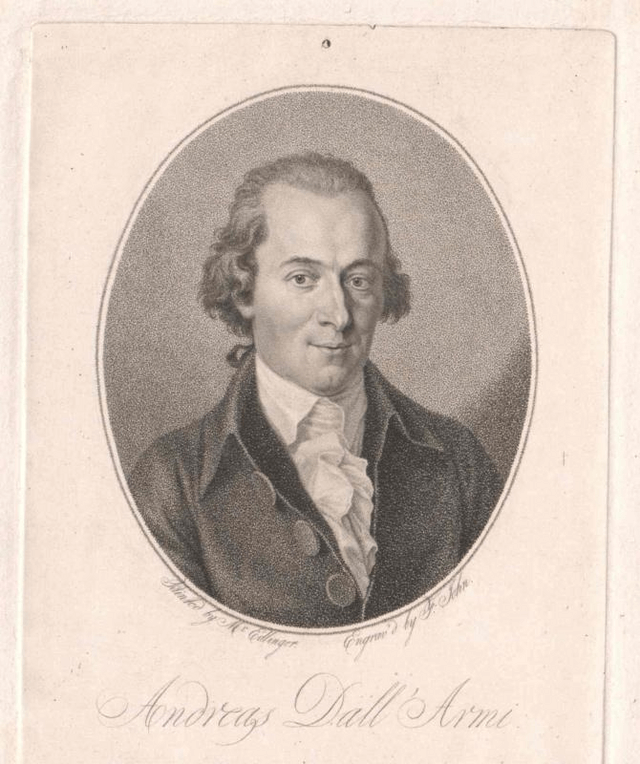
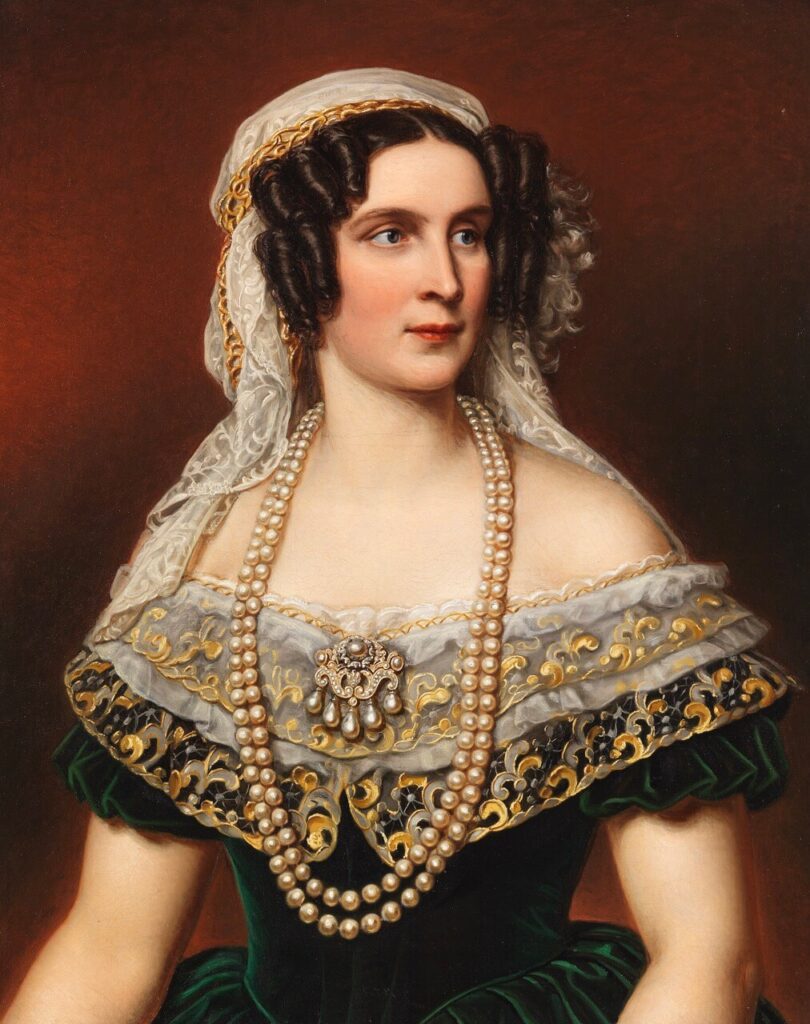
During the five-day festival, Bavarian children dressed in traditional folk costumes to pay homage to the royal family, presenting them with poems and flowers. The royal couple was so delighted by the festivities that they decided to make the celebration an annual event. Thus, Oktoberfest was born.
Initially, the festival was celebrated in October, but as the years went by, the dates were moved to late September to take advantage of Bavaria’s milder weather. This allowed visitors to enjoy the outdoor beer gardens, fairgrounds, and carnival rides in a more pleasant climate.
The following year, the Bavarian Agricultural Association took over the organization of the festival, though the event was paused in 1813 due to the Napoleonic Wars. However, by 1819, the town fathers of Munich had taken charge, deciding that Oktoberfest should be celebrated every year without exception.
The first Oktoberfest Parade took place in 1835, and by 1850, it had become a permanent fixture of the festival. That same year, the statue of Bavaria was introduced, standing watch over the festivities. This impressive statue, initially sketched by Leo von Klenze and later brought to life by Ludwig Michael Schwanthaler, was constructed by Johann Baptist Stiglmaier and Ferdinand von Miller.
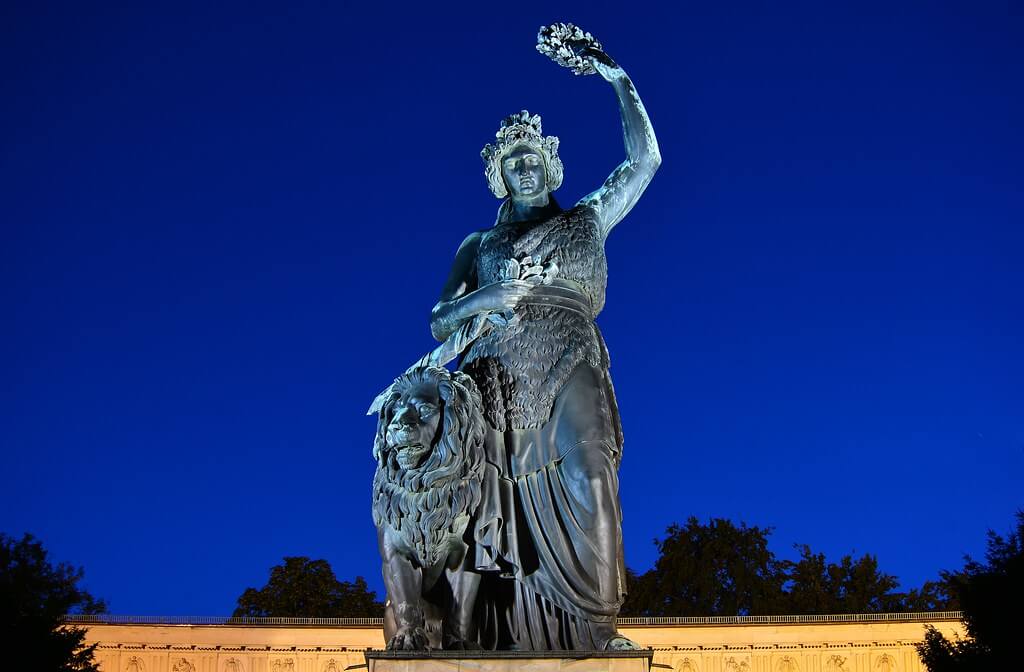
As the 19th century progressed, Oktoberfest grew in both size and scope. By the late 1800s, beer had become a central feature of the festival, with the first large beer tents appearing in the 1890s. These tents, hosted by Munich’s breweries, quickly became the heart of the celebration, offering guests a place to enjoy local brews alongside traditional Bavarian fare like pretzels, sausages, and roast chicken.
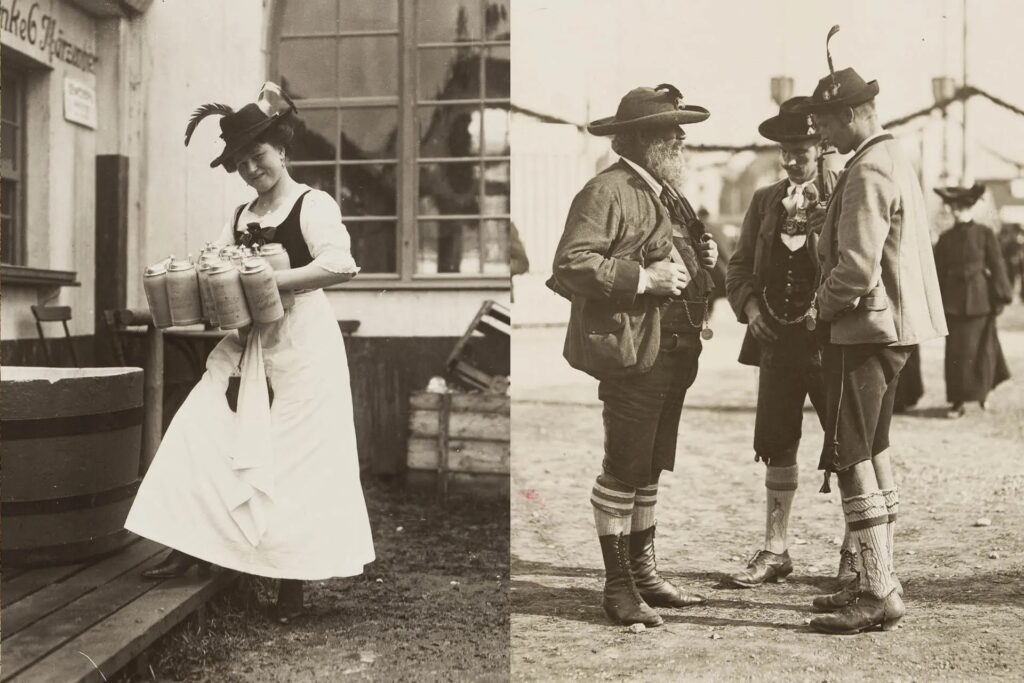
Over time, the festival continued to expand, adding a variety of attractions such as carnival rides, games, and other entertainment. Today, Oktoberfest is not only the largest beer festival in the world but also a vibrant celebration of Bavarian culture. Each year, over six million visitors flock to Munich to partake in the festivities, which now run for 16 to 18 days, starting in late September and ending on the first Sunday in October.
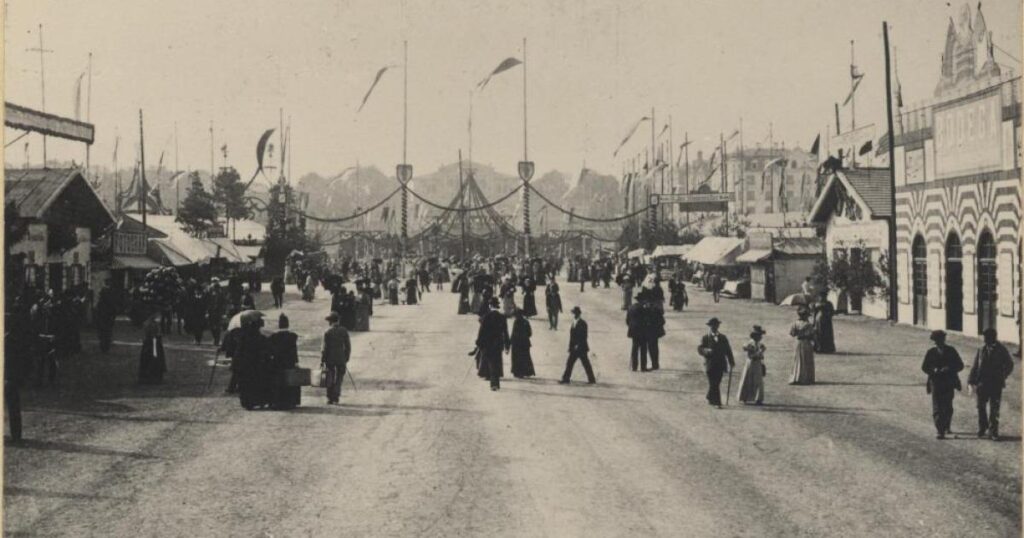
The spirit of Oktoberfest has spread far beyond Munich, with cities around the world hosting their own versions of the festival. From Cincinnati, Ohio, to Blumenau, Brazil, these celebrations bring people together to experience the joy of Bavarian culture, complete with traditional music, food, and, of course, beer.
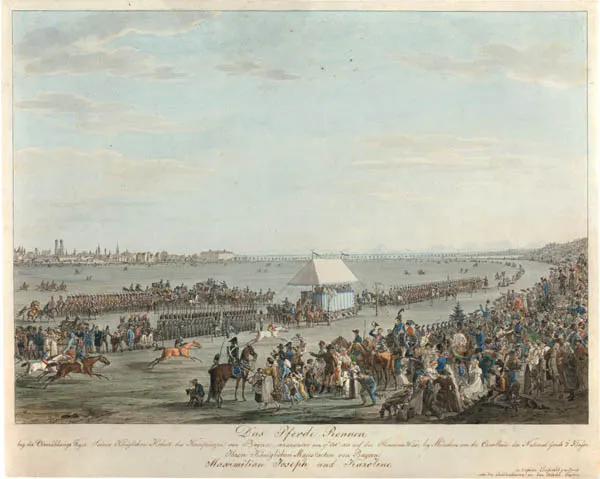
Oktoberfest’s rich history is a testament to the enduring appeal of celebration, tradition, and community. Whether in Munich or elsewhere, the festival continues to unite people in the spirit of fun and festivity, just as it did over 200 years ago.
Oktoberfest At Shipgarten
Join us at Shipgarten in McLean, VA, for an unforgettable Oktoberfest celebration! Immerse yourself in the spirit of Bavaria with authentic German food and the best selection of various craft beers that will transport you straight to Munich. Whether you’re a seasoned Oktoberfest enthusiast or experiencing it for the first time, Shipgarten is the perfect place to celebrate with friends and family. Don’t miss out on the fun—mark your calendar, and raise a stein with us at Shipgarten! Prost!

